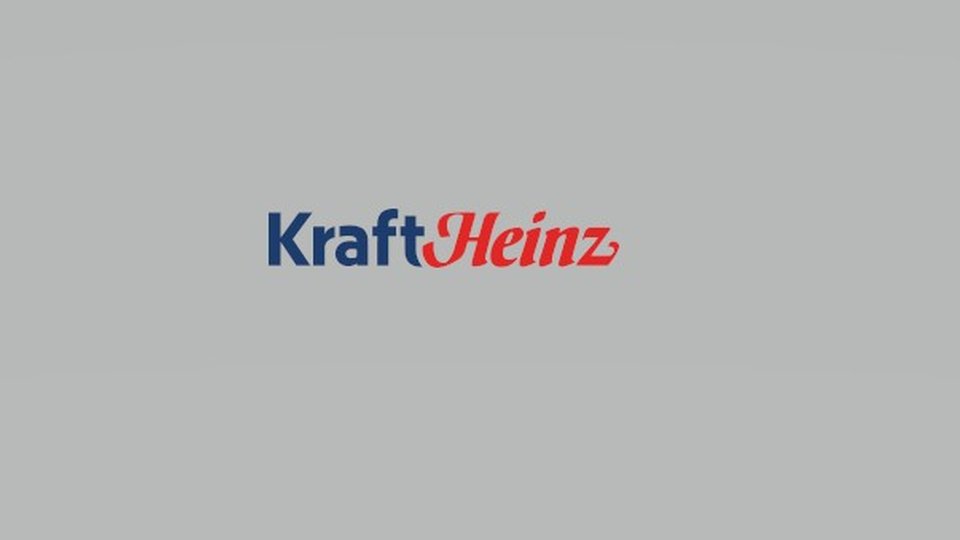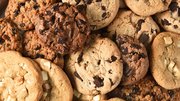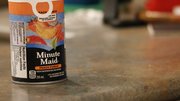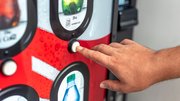Foodservice
Kraft Heinz cites better-than-expected Q2 despite operating loss

August 3, 2020
The Kraft Heinz Co. welcomed a strong second quarter with $6.64 billion, a 3.8% net sales growth over the prior year's quarter, and 7.4% organic growth versus the year-ago period due to strong retail performance across all business segments, according to a report for the quarter ended June 27.
The quarter delivered an operating loss of $1.33 billion compared to a $734 million gain in the year-ago quarter, as the company incurred non-cash goodwill impairment losses of approximately $1.8 billion in certain reporting units and non-cash intangible asset impairment losses of approximately $1.1 billion.
Losses in intangible assets caused a net loss attributable to common shareholders of $1.7 billion and a diluted loss per share of $1.35. The $1.35 loss compared to a 37 cents gain for the year-ago quarter.
Adjusted earnings rose 2.6% to 80 cents for the quarter, compared to last year's 78 cents, which mainly reflecting growth in adjusted EBITDA, which increased 12.4% percent versus the year-ago period to $1.8 billion, despite a negative 2.3 percentage point impact from divestitures and an unfavorable 1.2 percentage point impact from currency.
"We are now starting to realize the benefits of agility and scale, while implementing changes across the company to further drive agility, both internally and how we go to market," Kraft Heinz CEO Miguel Patricio said in a prepared statement." We believe this will be the key to returning the company to sustainable long-term growth and profitability, and we look forward to providing greater details on these initiatives during our investor cay in September."
The 7.4% organic net sales gain was driven by increased retail demand that more than offset lower foodservice-related sales, each stimulated by the COVID-19 pandemic, according to the company. Pricing increased 2.2 percentage points versus the prior year period, primarily reflecting a lower level of promotional activity versus the prior year period.
During the earnings call Patricio said results were much stronger than expected due to strong consumer demand for the company's brands, as well as better-than-anticipated costs and supply chain performance.
"I think that the best thing that we can do is to concentrate our energy and resources on really holding onto these new households that we gained," he said. "It is critical. This is a blast that we have new consumers trying, experimenting, repeating the trial and has to be our obsession to keep them with us so we can, in 2021, progress."
Three quarters of the company's brands are growing household penetration, and the majority of the brands growing household penetration are up double-digit percentages points versus the same period last year, Carlos Abrams-Rivera, head of U.S. business, said during the earnings call. These include Heinz in ketchup, Kraft Mac & Cheese, Ore-Ida, Planters, Philadelphia and Capri Sun.
The rising retail business brought some challenges, however.
In Oscar Mayer meat and Kraft single businesses, company share was negatively impacted by sustained elevated consumption versus supply chain constraints, while more vertically integrated players were able to shift capacity from their foodservice businesses to retail, said Abrams-Rivera.
"So while we're growing strongly in those businesses, we are seeing some share loss," Abrams-Rivera said.
Elsewhere in the portfolio, Heinz, Jell-O, Ore-Ida gained share. "In a nutshell, promotional activity and the pace of inventory recovery, both ours and our retail partners, have been dictated by the balance of supply and demand," he said.
The company has realigned its U.S. business unit structure, designed around the new platform based strategy, which it will unveil in September, Abrams-Rivera said.
Looking forward, the company is not anticipating retail demand to remain as strong as in Q2 and is likely to moderate with category mix normalizing and foodservice being a greater part of total sales, said CFO Paulo Basilo.
Factors that will hold back second half EBITDA versus the prior year include the McCafe exit that has been under way in Canada and began in the United States in July. Basilo said.
Other factors holding back EBITDA in the second half include high incentive compensation, greater commodity volatility, specifically in the U.S. cheese business, and currency translation due to dollar strength relative to last year, he said.
For an update on how the coronavirus pandemic has affected convenience services, click here.
 ChatGPT
ChatGPT Grok
Grok Perplexity
Perplexity Claude
Claude






